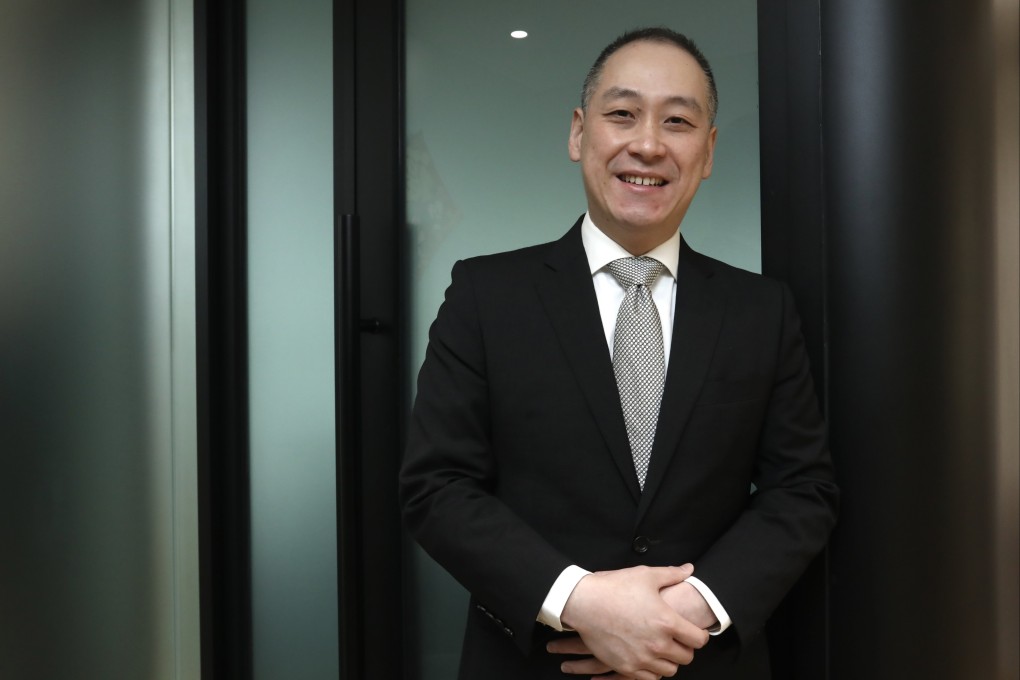SFC imposes lowest level of fines since 2016 due to pandemic and lack of big cases: study
- The Securities and Futures Commission imposed a total of HK$72.1 million (US$9.2 million) of fines last year, down 97 per cent from 2020, Freshfields Bruckhaus Deringer says
- Analysts attribute fall in SFC fines to effects of pandemic and fall in the number of big misconduct cases

Hong Kong’s securities watchdog last year imposed the lowest level of fines since 2016, with analysts attributing the decline to the impact of the pandemic and a lack of big cases over 2021.
According to data compiled by law firm Freshfields Bruckhaus Deringer, the Securities and Futures Commission imposed a total of HK$72.1 million (US$9.2 million) in fines last year, a 97 per cent drop from a record HK$2.8 billion in 2020 and the lowest level since HK$68 million recorded in 2016.
In 2020 the SFC imposed its ever highest fine in a single case of HK$2.71 billion on Goldman Sachs (Asia) for “serious lapses and deficiencies” that contributed to the misappropriation of funds at the Malaysian sovereign investment fund known as 1Malaysia Development Bhd.
The SFC has sharpened its enforcement focus on bigger cases and the lack of big cases has accordingly seen the overall level of fines drop, said Robert Lee Wai-wang, lawmaker for Hong Kong’s financial services industry and also the chief executive of Grand Capital Holdings.
“In addition, the pandemic has slowed overall business activities over the past two years and SFC investigations, resulting in the lower amount of fines imposed last year,” said Lee.
The SFC completed 91 investigation in the first nine months of last year, a decline of 43 per cent from 159 cases in the same period in 2020.
Freshfields, which began its annual review of SFC penalties in 2013, said the SFC has taken a forward-looking approach to regulation in recent years.